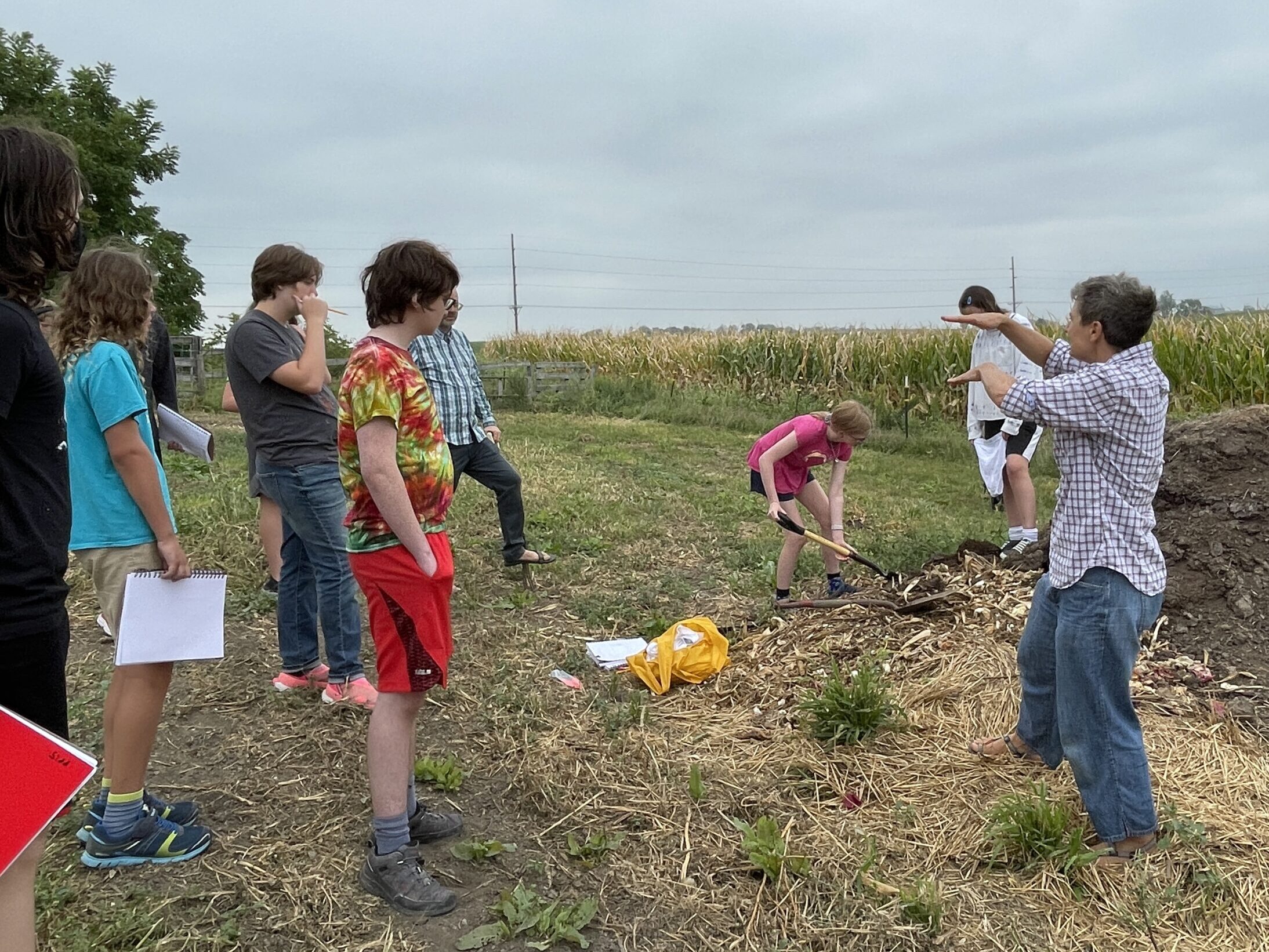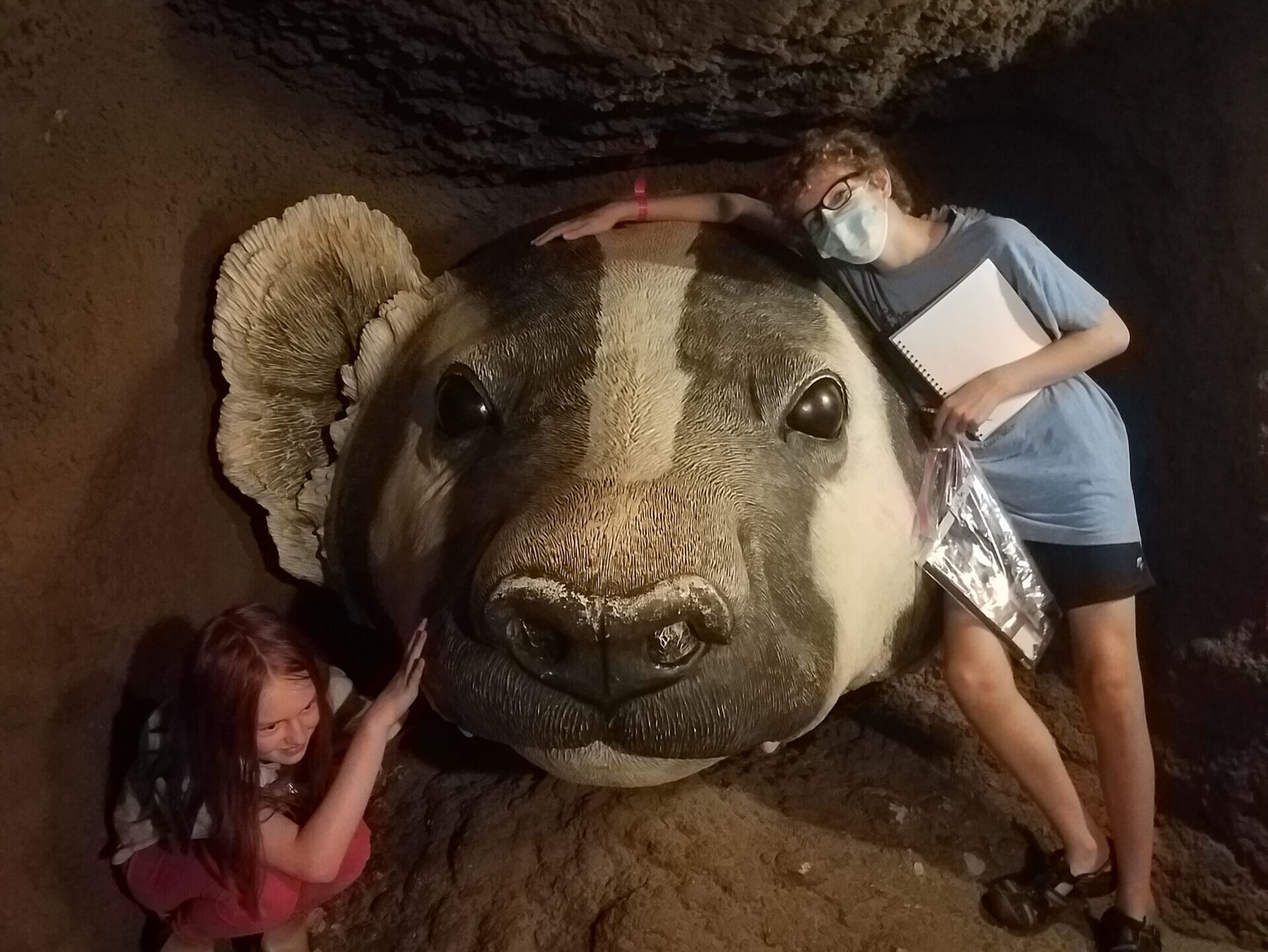Middle School Philosophy & Curriculum
Scattergood Middle School’s comprehensive day program provides students with the opportunities and tools necessary to promote their personal and academic growth. We believe in meeting each student where they are and growing their skills, knowledge, and confidence from there.
Students are connected to their learning community and are seen and valued by teachers and peers. They will learn to think critically, ask and answer meaningful questions, take risks, and learn from their mistakes. Students will take this foundation of competence and confidence forward into lifelong learning, and scatter good wherever they go.

How We Learn
Scattergood seeks to challenge and understand the whole child - intellectually, emotionally, socially, spiritually, artistically, and physically. We confront our fears and celebrate a pedagogy of risk-taking.
At Scattergood, cultivating a sense of connection to each other and to the world around us is essential. All learning takes place in a relationship, so we will take the time to build and maintain relationships with each other and with the local ecological community. You may find us in a classroom, but you may also find us on our prairie, at our farm, in the pond, or interacting with exciting people and place nearby.
What We Learn
Each day includes time dedicated to specific subjects- math, science, social studies, language arts, Spanish, and health. There is also time set aside each week to delve into the class unit. Students are placed with other students who are at similar skill levels. Due to our low student-to-teacher ratio, we are able to meet the needs of a wide range of learners. Middle school students who are academically and socially ready may take high school level classes.
Class Theme Studies: The academic work will be guided by six semester-long themes: Soil, Water, Humans & Labor, Food, Families, and Air and Space. Students will explore these topics through various lenses--scientific, literary, historical, artistic, and more.
What does it look like to study soil for a semester?
Soil is at the root of all existence and therefore lends itself to a wide variety of studies and explorations. Through the study of soil, students may dive into the follow areas of learning:
-
-
- The collapse of Mayan civilization due to overpopulation and soil depletion.
- Comparing the diversity of fungi, rhizobia, and other members of the soil community in areas of both organic and commercial agriculture.
- Learning about what grows on our farm.
- Reading and discussing the works of Wendell Berry and Aldo Leopold.
- Visiting local farmers and learning what they are doing to create healthy soil.
-
Connecting to the Community: Our local area is also abundant with opportunities for off-campus learning. Middle schoolers benefit from a number of field trips throughout the year to supplement their work in the classroom. During the water theme for instance, students may:
-
-
- Go to Cedar Rapids to learn from a city engineer about flood damage mitigation.
- Take a canoe trip to learn about riparian ecosystems.
- Visit the University of Iowa Hydrology Lab.
- Analyze water quality in Scattergood’s pond and other local water sources.
-
Will my child will be prepared for high school?
At Scattergood Middle School we believe in meeting each student where they are and growing their skills, knowledge, and confidence from there. We meet or exceed national standards in science, math, English, and social studies: preparing students to reason and communicate clearly across disciplines. Above and beyond these baseline standards, however, students will use design thinking strategies, art, creativity and scientific inquiry to understand and act upon problems that matter to them in their lives.
Will my child be prepared for life?
At Scattergood Middle School young people will learn to think for themselves, ask and answer meaningful questions, and adapt to challenging circumstances. They will discover that they are strong, kind, and resourceful. They will feel connected to a community and truly seen by the adults and peers who are in their life. They will learn to take risks and learn from mistakes. They will take this foundation of competence and confidence forward into their lives, wherever they go.

